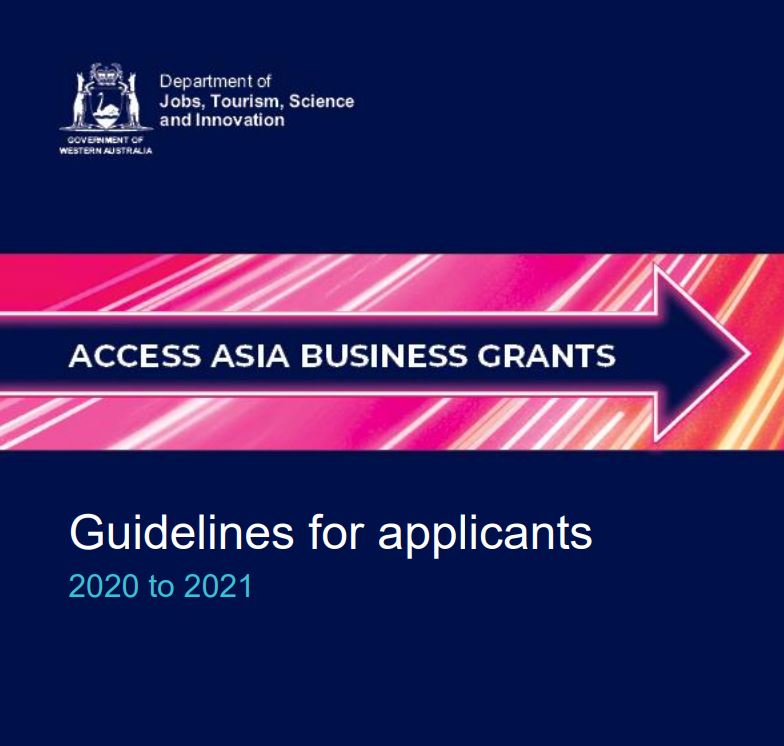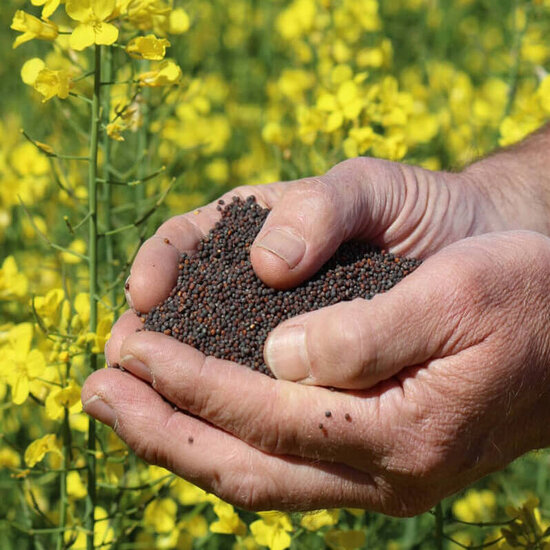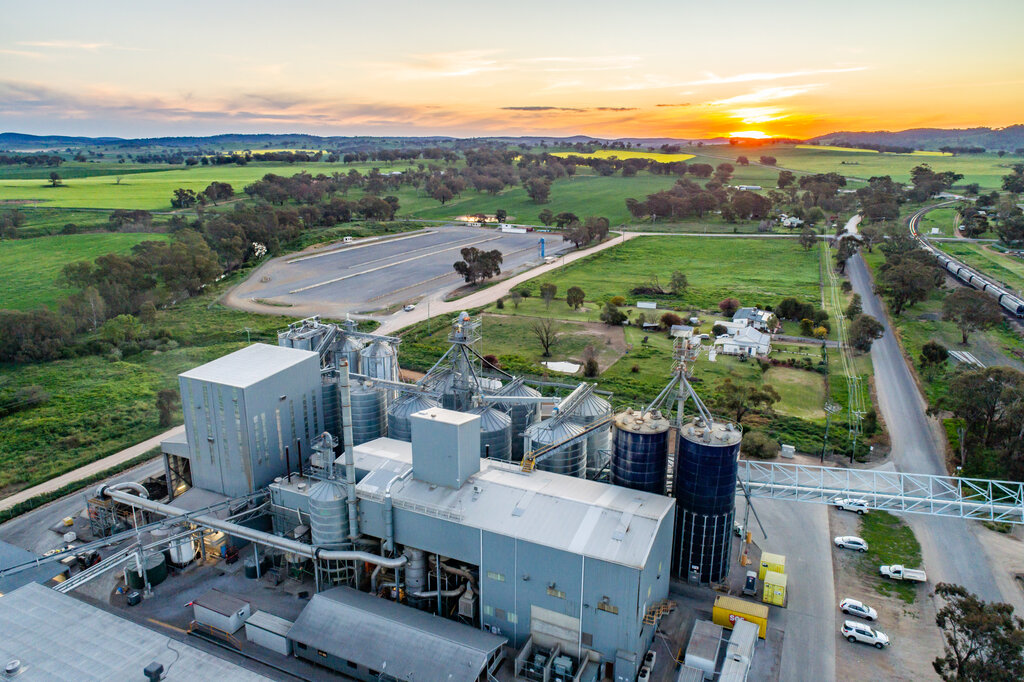Study into the experience of Australian firms enforcing their intellectual property rights in Asia
To better understand the risks that business’ face, we reached out to Australian exporters about their experience with enforcing their brands, inventions, and designs in Asia. 125 survey responses from Australians operating in or trading with South East Asian countries and China showed 48 per cent did not engage with government services to access information on IP. We also found most exporters surveyed did not register their IP before going overseas.










